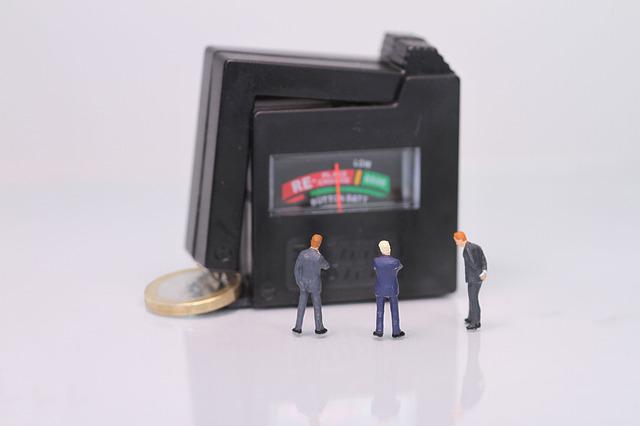A fed rate increase can mean different things for different people. For those with credit card debt, it could mean an increase in the interest rate on their card. For those with adjustable-rate mortgages, it could mean a higher monthly mortgage payment. But what does a fed rate increase mean for those taking out an auto loan?
Table of Contents
What is a Fed rate increase and what does it mean for your auto loan interest rate?
A Fed rate increase is when the Federal Reserve Bank raises the overnight lending rate between banks. This can have an effect on your auto loan interest rate because it’s generally based on the prime rate, which is the interest rate at which banks lend to their best customers.
When the Fed increases rates, the prime rate usually goes up as well, and that can translate into a higher interest rate when you are calculating your car loan. However, there are other factors that affect auto loan interest rates besides the Fed’s overnight lending rate, so it’s important to talk to your lender about what you can expect.
How will the Fed rate increase impact car buyers and those with car loans already in place?
The Fed rate increase can have a significant impact on car buyers and those with car loans already in place. For starters, the higher interest rates will make it more expensive to finance a car loan.
This could cause some buyers to hold off on making a purchase, or turn to used cars instead. Those with existing car loans will see their monthly payments rise, as the higher interest rates will add to the total amount owed.
Additionally, the Fed rate increase could lead to higher gasoline prices, as oil is priced in dollars and becomes more expensive when the dollar strengthens. As a result, car buyers and those with car loans should be prepared for the potential impacts of the Fed rate hike.
What can you do to prepare for a potential Fed rate increase on your auto loan interest rate?
If you’re in the market for a new car, you may be wondering what the Federal Reserve’s recent rate hike will mean for auto loan interest rates. While it’s impossible to say for sure how rates will change in the future, there are a few things you can do to prepare for a potential increase.
First, try to get pre-approved for a loan before shopping for a car. This way, you’ll know how much you can afford to borrow and what interest rate you qualify for. Second, keep an eye on interest rates and shop around for the best deal.
Finally, make sure you have a solid budget in place so that you can afford any increases in your monthly payments. By taking these steps, you can help ensure that you get the best possible deal on your next auto loan.
Are there any other ways the Fed rate increase could affect you when it comes to borrowing money for a car purchase or refinancing an existing auto loan agreement?
The Federal Reserve recently raised its benchmark interest rate, and while this is good news for savers, it could mean higher borrowing costs for those looking to finance a new car. The Fed rate hike will likely lead to higher rates on auto loans, and this could make it more expensive to borrow money for a car purchase.
However, the impact of the Fed rate increase will vary depending on the type of loan you have. For example, if you have a variable-rate loan, your payments could go up if the prime rate rises. On the other hand, if you have a fixed-rate loan, your payments will remain the same.
If you’re thinking about refinancing your existing auto loan, you may want to act now before rates go any higher. By understanding how the Fed rate increase will affect your borrowing costs, you can make sure you get the best deal on your next car loan.
The Federal Reserve’s recent interest rate hike will have a number of impacts on those looking to finance a new car or refinance an existing auto loan. The most immediate effect will be higher interest rates, which could make it more expensive to borrow money for a car purchase.
Additionally, the Fed rate increase could lead to higher gasoline prices, as oil is priced in dollars and becomes more expensive when the dollar strengthens. As a result, car buyers and those with car loans should be prepared for the potential impacts of the Fed rate hike.
There are a few things you can do to prepare for a potential increase in your auto loan interest rate, such as getting pre-approved for a loan or keeping an eye on interest rates. By taking these steps, you can help ensure that you get the best possible deal on your next auto loan.




